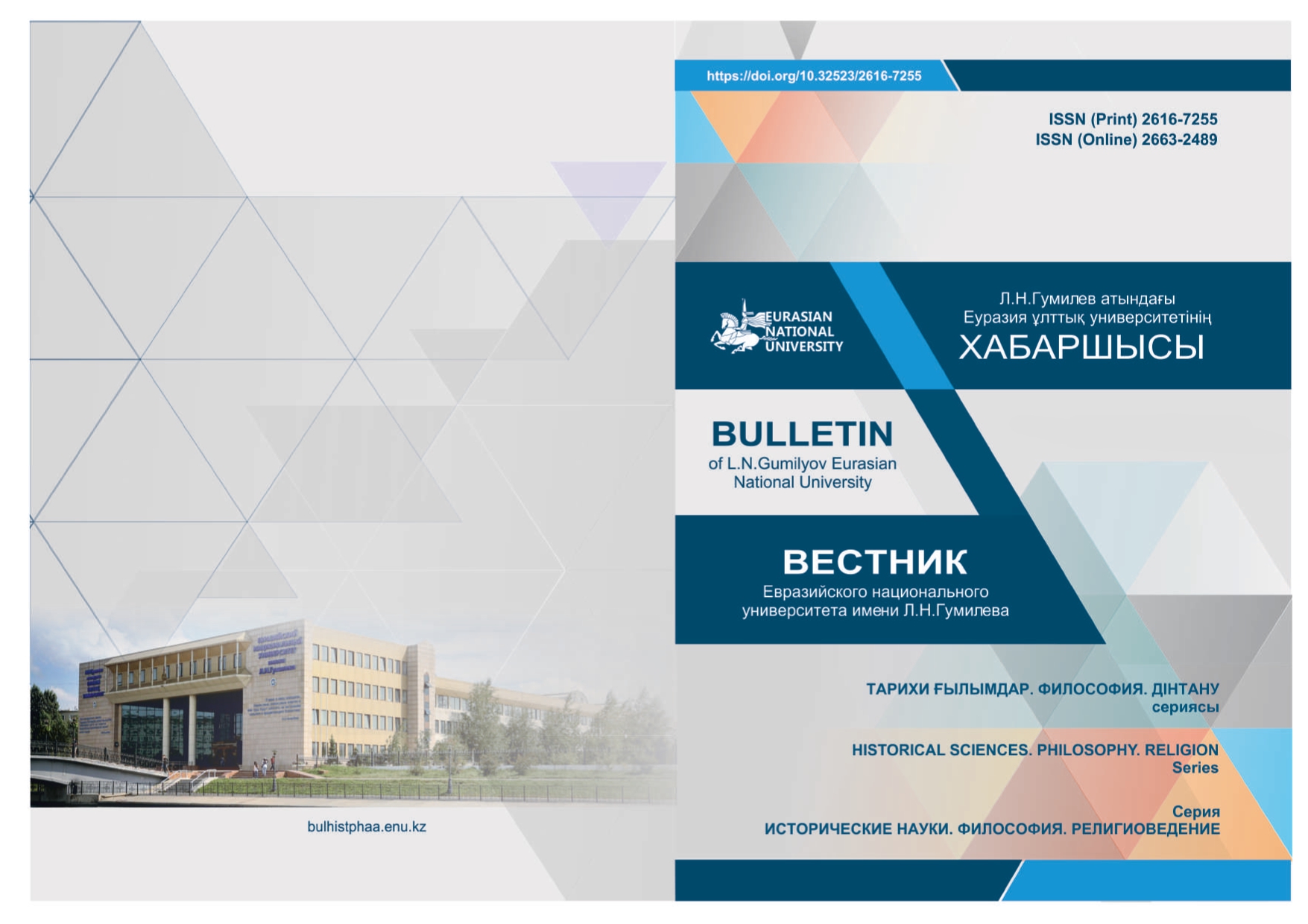Philosophy of independent living: the state of inclusive education in Kazakhstan (overview analysis of modern research)
Views: 363 / PDF downloads: 563
DOI:
https://doi.org/10.32523/2616-7255-2023-142-1-135-157Keywords:
Philosophy of independent living; an inclusive education; disability; special educational needs; assistive technologies.Abstract
Disabilities have the right to participate fully in the life of society. The philosophy of independent living is connected with self-determination, so that disabilities decide what is best for them. To overcome the barriers that exist in the social space, they need not only ramps, special equipment and trained personnel, but also a change in people's attitudes. This is not about charity, but about rights. It is necessary to adopt appropriate laws, create a fully developed social infrastructure and a friendly environment. The authors of the article reflect on the concept of «Philosophy of independent living», highlighting its key point – the conceptualization of disability problems and building an adequate attitude in society to disabilities and people with special educational needs. An inclusive approach is central to the philosophy of independent living. Undoubtedly, the problem of adaptation of persons with special educational needs to the education system is one of the most pressing issues in the global discourse on disability. At the same time, it cannot be argued that research in the field of inclusive education has become quite widespread in the world scientific community and educational space. There are huge differences between national levels of research and their interpretative frameworks. To identify the state of inclusive education in Kazakhstan, the authors attempted a review analysis of modern scientific research in this area conducted by national scientists. In addition, emphasis is placed on another important aspect of inclusive education – assistive technologies.
Downloads

Downloads
Published
Issue
Section
License
Copyright (c) 2023 Bulletin of L.N. Gumilyov Eurasian National University. Historical Sciences. Philosophy. Religious studies series.

This work is licensed under a Creative Commons Attribution-NonCommercial 4.0 International License.







